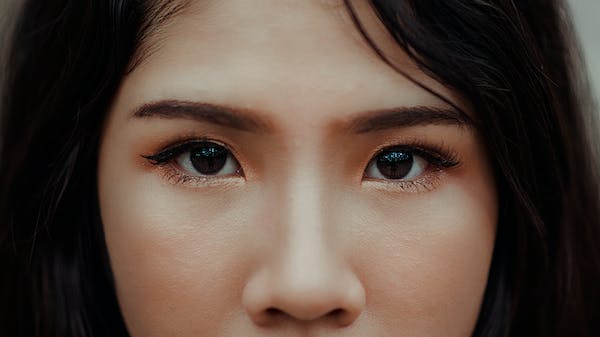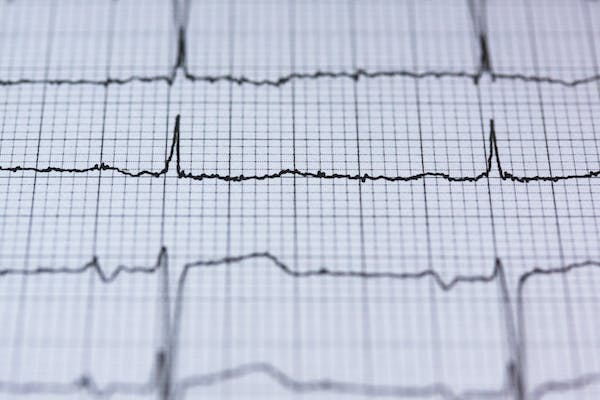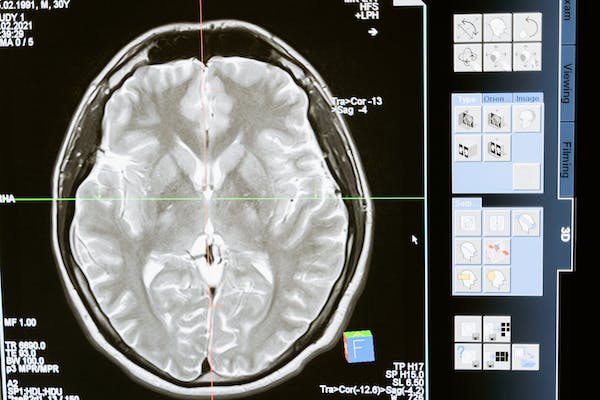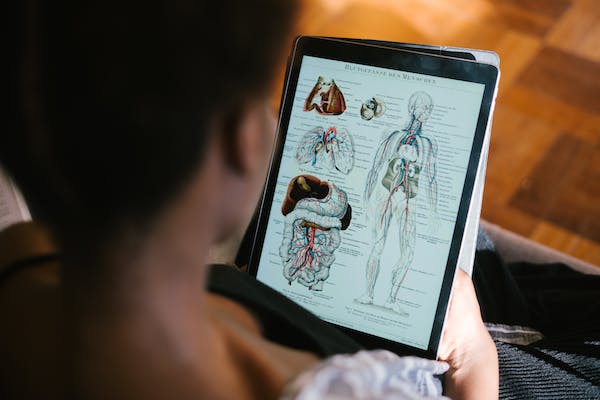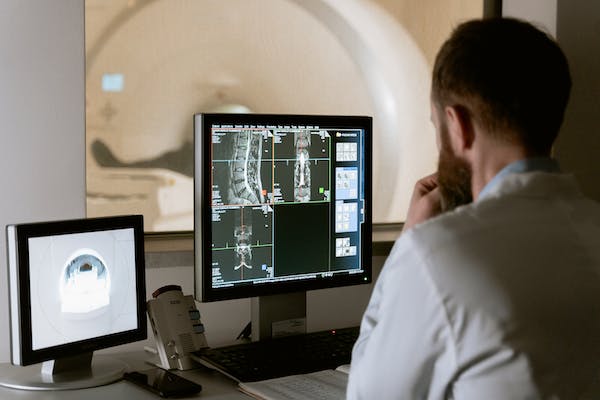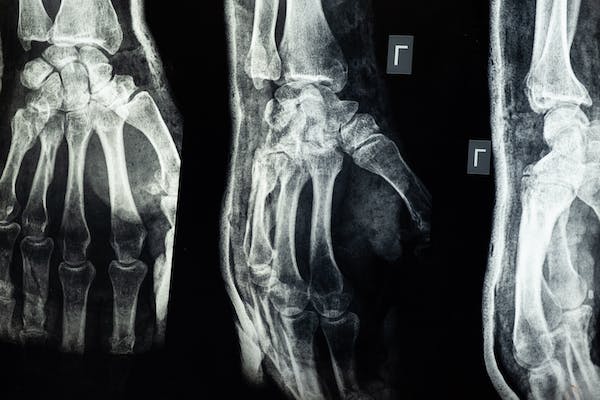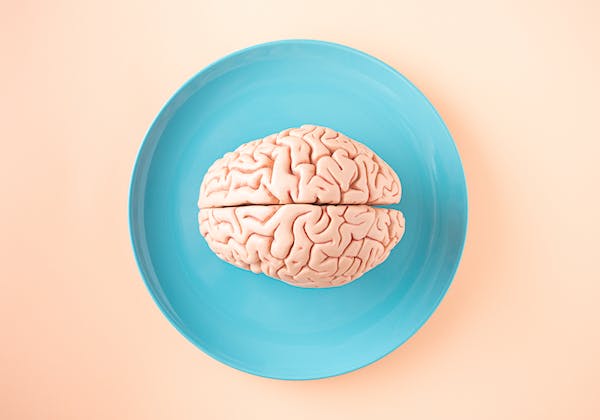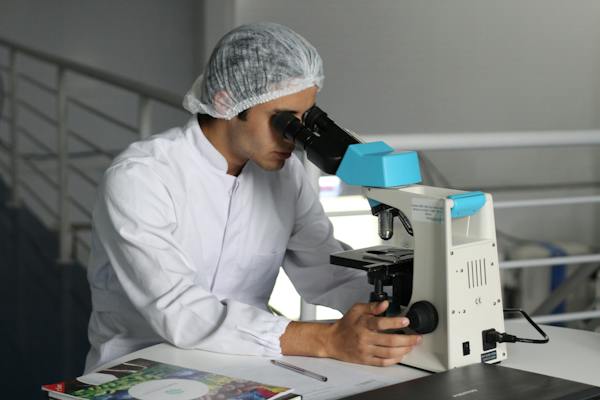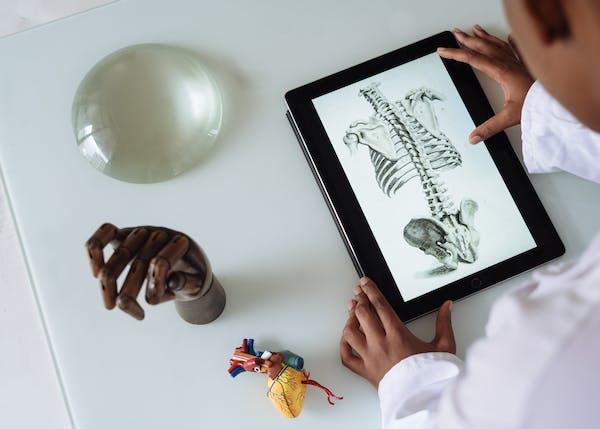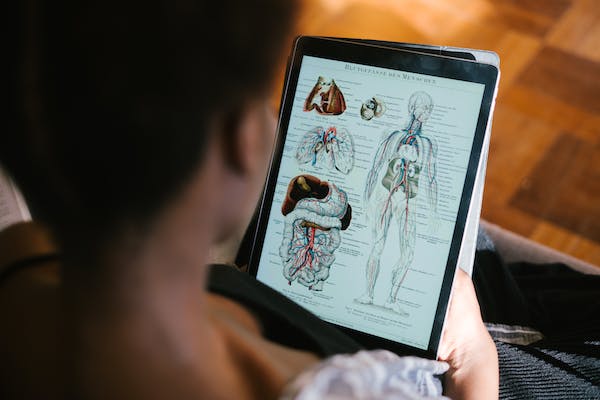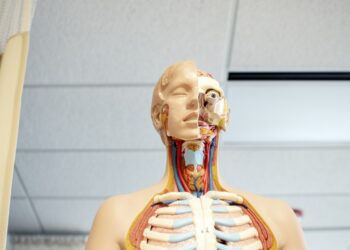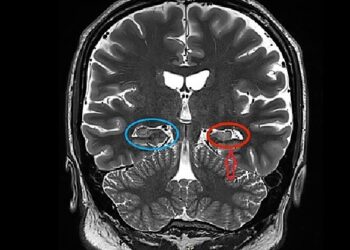Test your knowledge of fascinating human trivia in this engaging quiz! From quirky habits to surprising physiological facts, challenge yourself to uncover the intriguing details that make humans unique. Explore the depths of human curiosity and discover surprising insights.
What Color Eyes Do Most Humans Have?
Brown
The majority of humans have brown eyes. This is the most common eye color globally, with variations in shades and tones.
What is the Average Heart Rate of an Adult at Rest?
60-70 bpm
The average heart rate of an adult at rest is approximately 60-70 beats per minute. It can vary based on factors such as age, fitness level, and overall health.
In Which Bone is the Human Brain Protected By?
Skull
The human brain is protected by the skull, a bony structure that surrounds and encases the brain, providing essential protection from external forces.
What is the Largest Organ in the Human Body?
Skin
The skin is the largest organ in the human body. It serves as a protective barrier, regulates temperature, and plays a crucial role in sensory perception.
How Many Teeth Does an Adult Human Typically Have?
32
An adult human typically has 32 teeth, including incisors, canines, premolars, and molars. This set of teeth is known as a complete set of permanent dentition.
What is the Chemical Element Symbol for Oxygen?
O
Oxygen is represented by the chemical element symbol “O.” It is a vital element for life, playing a key role in cellular respiration and energy production.
What is the Function of the Pancreas in the Human Body?
Produces Insulin
The pancreas produces insulin, a hormone essential for regulating blood sugar levels. It plays a crucial role in the metabolism of carbohydrates.
What Percentage of the Human Brain is Water?
75%
Approximately 75% of the human brain is water. Adequate hydration is essential for maintaining cognitive function and overall brain health.
Which Vitamin is Synthesized by the Skin When Exposed to Sunlight?
Vitamin D
The skin synthesizes Vitamin D when exposed to sunlight. This vitamin is crucial for bone health and various physiological processes in the body.
What is the Smallest Bone in the Human Body?
Stapes (in the ear)
The stapes, located in the middle ear, is the smallest bone in the human body. It plays a vital role in the transmission of sound vibrations.
Which Part of the Human Brain is Responsible for Memory and Learning?
Hippocampus
The hippocampus is a region in the brain associated with memory and learning. It plays a crucial role in the formation of new memories.
How Many Pairs of Chromosomes Do Humans Have?
23
Humans have 23 pairs of chromosomes, for a total of 46 chromosomes. These structures contain genetic information and are inherited from both parents.
What is the Main Function of Red Blood Cells?
Defend Against Infections
Carry Oxygen
The main function of red blood cells is to carry oxygen from the lungs to the rest of the body tissues. Their red color comes from the oxygen-carrying molecule hemoglobin.
What is the Scientific Name for the “Voice Box” in Humans?
Larynx
The scientific name for the “voice box” in humans is the larynx. It plays a crucial role in speech production and protecting the airway during swallowing.
What is the Largest Muscle in the Human Body?
Gluteus Maximus
The gluteus maximus is the largest muscle in the human body. It is located in the buttocks and is responsible for hip movement and maintaining an upright posture.
What Percentage of the Earth’s Population is Right-Handed?
90%
Approximately 90% of the Earth’s population is right-handed. The dominance of right-handedness is a prevalent trait across diverse cultures and regions.
Which Sense is Typically the Strongest in Humans?
Sight
In humans, the sense of sight is typically considered the strongest. The eyes provide valuable information about the surrounding environment and contribute significantly to daily activities.
What is the Average Lifespan of a Human Being?
72 years
The average lifespan of a human being is around 72 years. However, this can vary based on factors such as geographical location, lifestyle, and access to healthcare.
What is the Main Function of the Small Intestine in the Digestive System?
Nutrient Absorption
The main function of the small intestine in the digestive system is the absorption of nutrients from digested food. It plays a crucial role in nutrient assimilation for energy.
What is the Largest Internal Organ in the Human Body?
Liver
The liver is the largest internal organ in the human body. It performs essential functions, including detoxification, nutrient storage, and the production of bile.
